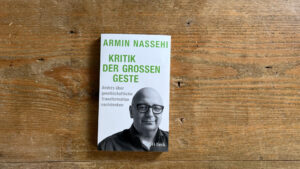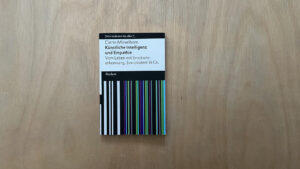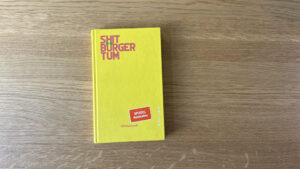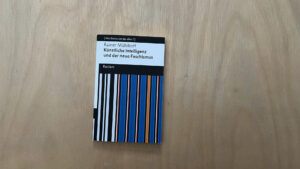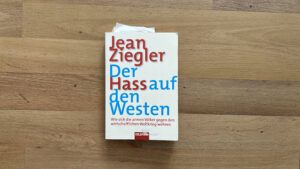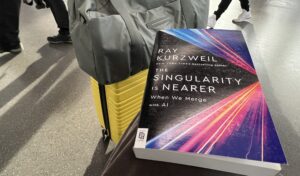 We are delighted to kick off our series “Experts on Trust ” with Clemens Cap. Clemens is currently professor at University Rostock, Germany, researching on Digital Networks and Online Media.
We are delighted to kick off our series “Experts on Trust ” with Clemens Cap. Clemens is currently professor at University Rostock, Germany, researching on Digital Networks and Online Media.
Three questions on Trust
- Whom do you trust online?
- Large organisations with wide public visibility which, should they violate trust in general, would get sufficient PR coverage so that I know about it or PR damage so they do not abuse trust.
- Techniques which allow me to verify trust (https).
- Content which is networked and thus allows me to have it independently checked.
- People and users usually not so much since it is difficult to verify their true identity anyhow – unless I know them closely, their email address and communication habits.
- What is your trust built on?
- Public visibility of an organisation, possibility to verify my trust.
- What difference does trust make?
- I read their communication, I transact business, I spend time or money on them.
Details on the Trust Exchange
As a warm up to the Trust Exchange Research, themashazine asks three questions on trust to bloggers, geels, developers, online experts and other nerds. These questions go to a wide sample of users in Central- and Eastern Europe, Russia and Eurasia.
- Whom do we trust online?
- What is our trust built on?
- What difference does trust make?
Please support the Trust Exchange Research by putting in your two cents, either right here or via editors (at) the mashazine (dot) com or on der-karl.com-page on Facebook.
Trust Exchange Research – the Process
Step 1, Getting in Touch – bloggers, online experts and other geeks from Central- and Eastern Eurpe, Eurasia (and a few exceptions) are asked to contribute short (or longer) statements on three questions.
Statements are collected and published until the end of october 2009.
Step 2, Looking Closer – based on the insights, more detailed questionnaires are prepared and distributed to a broader group of participants. Case studies of trust-building online-media-activities (from corporations, ngos or other associations – we are open for suggestions)
Step 3, Sit down and talk – der-karl.com will organise the discussion of the results; in online-discussions, hopefully also face-to-face in a TrustCamp.
Step 4, Publication – the consolidated story of researching trust in online media will be published in summer 2010.
What’s in it for me
Every participant will receive a full downloadable copy (pdf) of the report.
Participants in Step 1: our royalties are backlinks, and if desired (we would appreciate it), a short portrait in the list of contributors.

